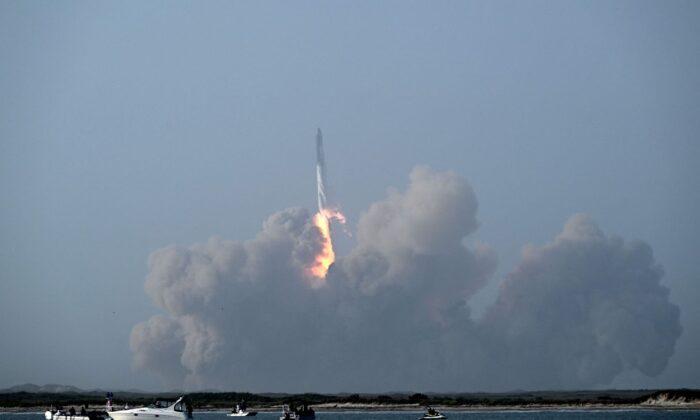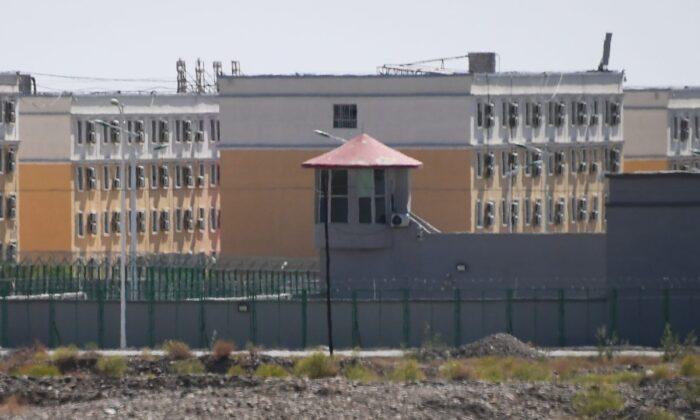The United States should apply the space dominance approach to counter the challenge from China, according to Brandon Weichert, author of “Winning Space: How America Remains a Superpower.”
“The [intelligence community] assesses China is developing cyber-attack capabilities to deny, exploit, and hijack satellite links and networks as part of its strategy to control information, which it considers a key warfighting domain,” the document reads.
The document suggests that the CCP is developing systems capable of not only knocking U.S. satellites offline, but also hijacking and using them toward the regime’s own ends.
“China’s ability to infiltrate a core network or mimic a specific command link could allow it to seize control of a satellite, rendering it ineffective to support communications, weapons, or intelligence, surveillance, and reconnaissance systems,” the document reads.
Weichert noted that the U.S. military satellites are vulnerable due to their size.
“The military satellites are bigger and more complex than their civilian counterparts. So when we launched them, it’s very expensive. ... For many decades, that used to have to be on special rockets, which meant that they burned more fuel; they usually went to higher orbits, which means that was even more expensive. And once they got into orbit, the military did not have the ability, because of funding issues, to easily and readily replace them. So that meant that the onboard operating systems tended to be antiquated,” he told “China in Focus” on NTD, the sister media outlet of The Epoch Times.
Space Dominance Approach
According to Weichert, the United States is “the most dependent on space for everything we need,” which he deemed a loophole that can be exploited.“Because we use space more, we rely on it more than the Chinese and Russians do, at least for now, which gives them a lot of advantage because, for a few million dollars, they can basically take out America’s trillion-dollar military with an anti-satellite weapon and anti-counter space attack on our satellites. They can take out our economy by knocking out those satellites that manage communications, but also that manage the carefully timed international electronic transfers of wealth and transactions that can knock out at least a trillion dollars of GDP overnight,” he said.
Weichert suggested that the United States deploy space dominance measures to counter such a threat.
“We need to not only defend our existing satellite networks and our position up there. But basically, we need to build out the capabilities to ensure that we remain the dominant power there. And we need to also create capabilities like a space-based missile defense that will protect the homeland from Earth via space attacks,” he said.
The United States should use space much more proactively, he said, which means not just for doing surveillance communications, but also for preventing attacks on the homeland and possibly threatening offensive attacks from space to the ground below.
“We really need to get there because what’s going on now is China and Russia ... are using dual-use technologies to not just militarize space, but to weaponize space to threaten our existing satellite constellations, our space station, to threaten those resources in orbit as a means of denying us access to that critical domain in the event of a conflict with either of those countries. And if we lose access to space ... we’re gonna lose the war on land, at sea, in the air, and across the cyberspace domain,” Weichert said.





